Project Members
Principal Investigators
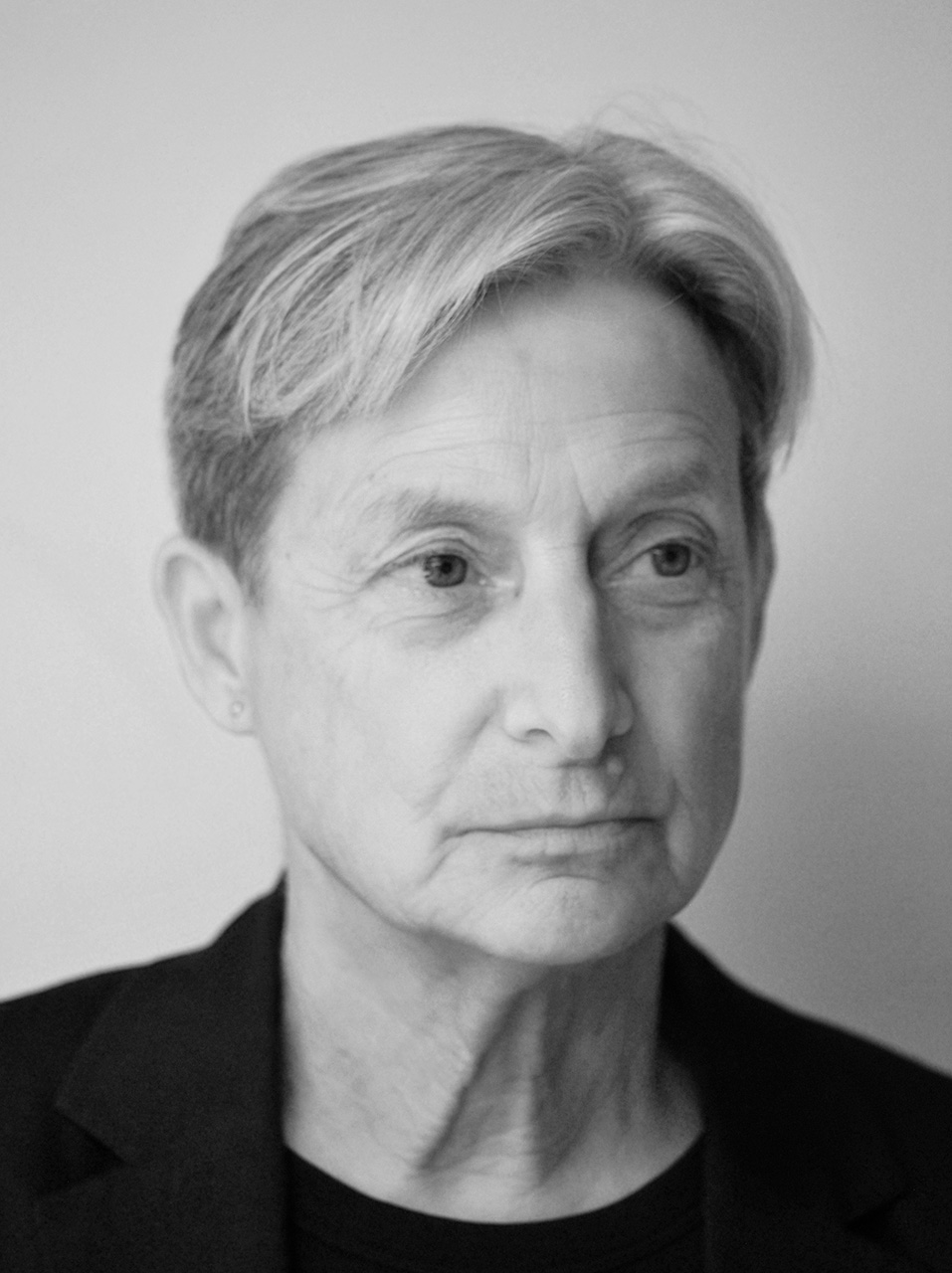
Judith Butler is Distinguished Professor in the Graduate School at the University of California, Berkeley where they have taught in Critical Theory and Comparative Literature. As one of the worldleading scholars in gender studies, philosophy, and critical theory, their books have been translated into more than twenty-seven languages and they have received 15 honorary degrees. They initiated and sustained the International Consortium of Critical Theory Programs in 2015 with the support of a series of grants from the Mellon Foundation. Butler is active in several human rights organizations, having served on the board of the Center for Constitutional Rights in New York and presently on the Academic Council of Jewish Voice for Peace.
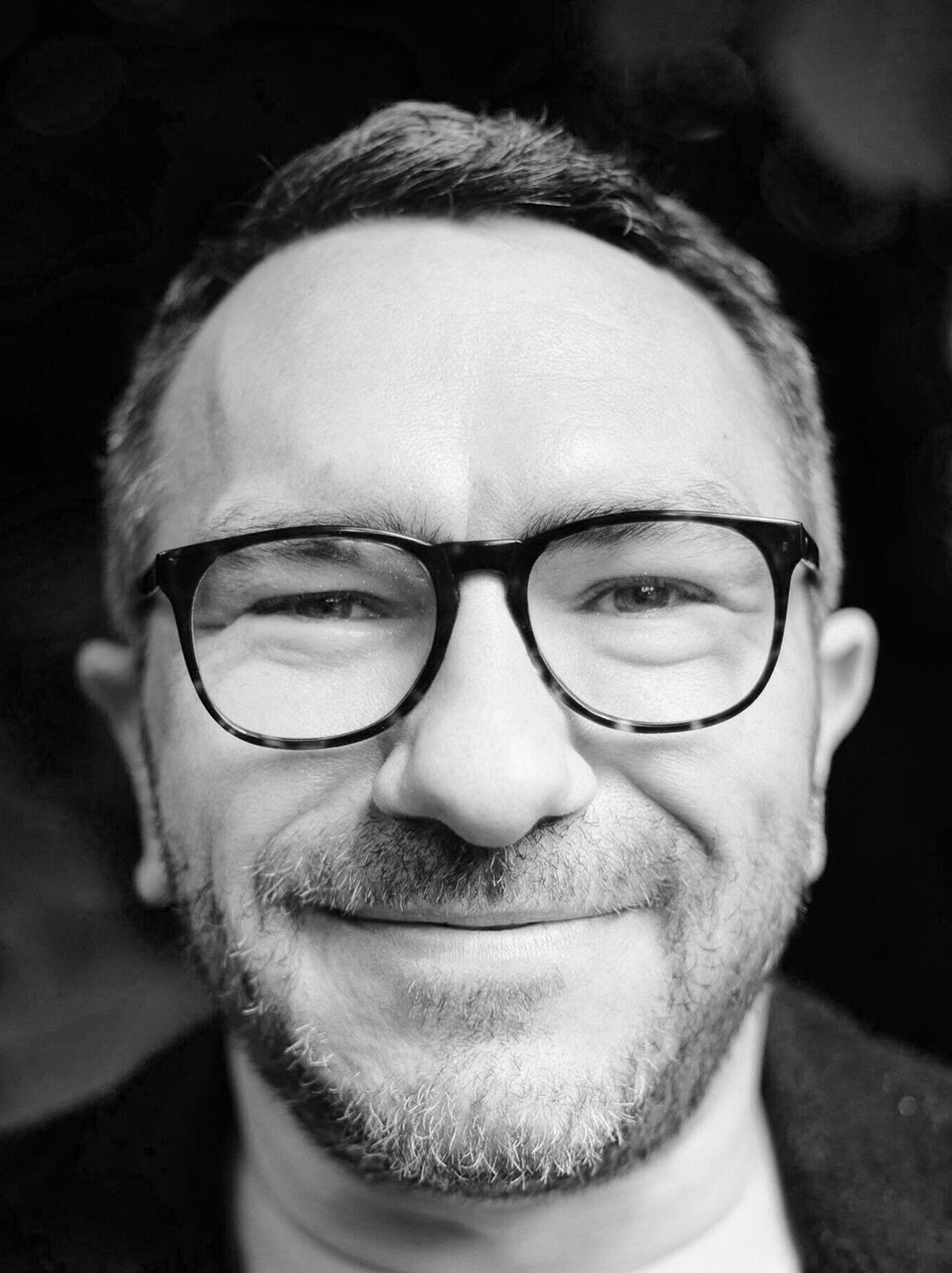
Robin Celikates is Professor of Social Philosophy at Freie Universität Berlin, co-director of the Centre for Social Critique, Berlin, and Permanent Fellow at the Institute for Social Research in Frankfurt. He is an editor of the journal Critical Times and publishes widely on social movements, democracy, migration and racism. He regularly comments on public affairs in German media and closely collaborates with a variety of cultural institutions and social initiatives in Berlin.
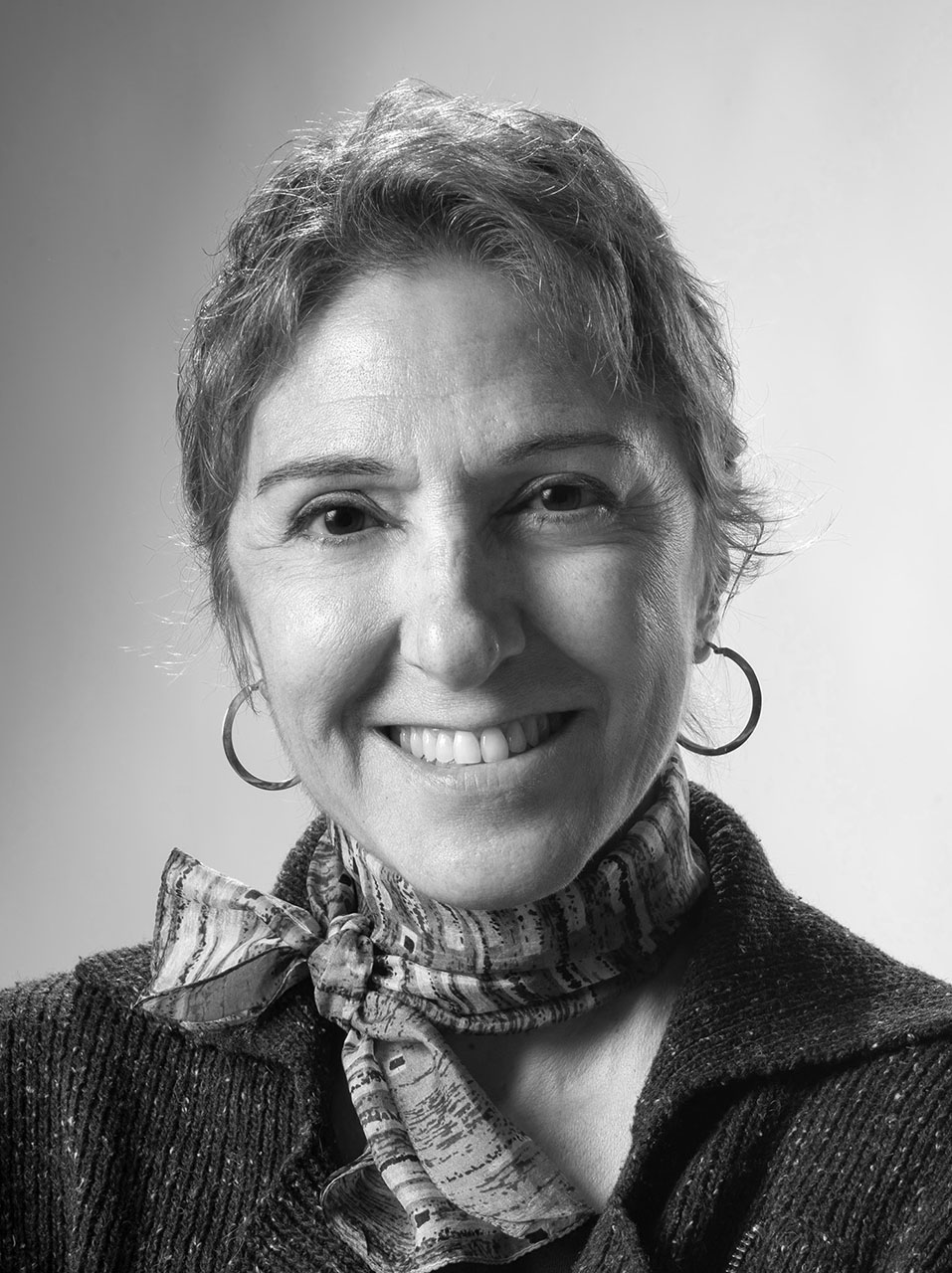
Zeynep Gambetti is an independent scholar affiliated with Boğaziçi University in Istanbul, where she worked as Associate Professor from 2000 to 2019. She co-chairs the International Board of the UC Berkeley-based International Consortium for Critical Theory Programs and is a Fellow at the Columbia University Center for the Study of Social Difference. Her theoretical work focuses on contemporary forms of violence, authoritarianism and resistance. She has active ties with feminist and progressive movements as well as with Kurdish political platforms in Turkey.
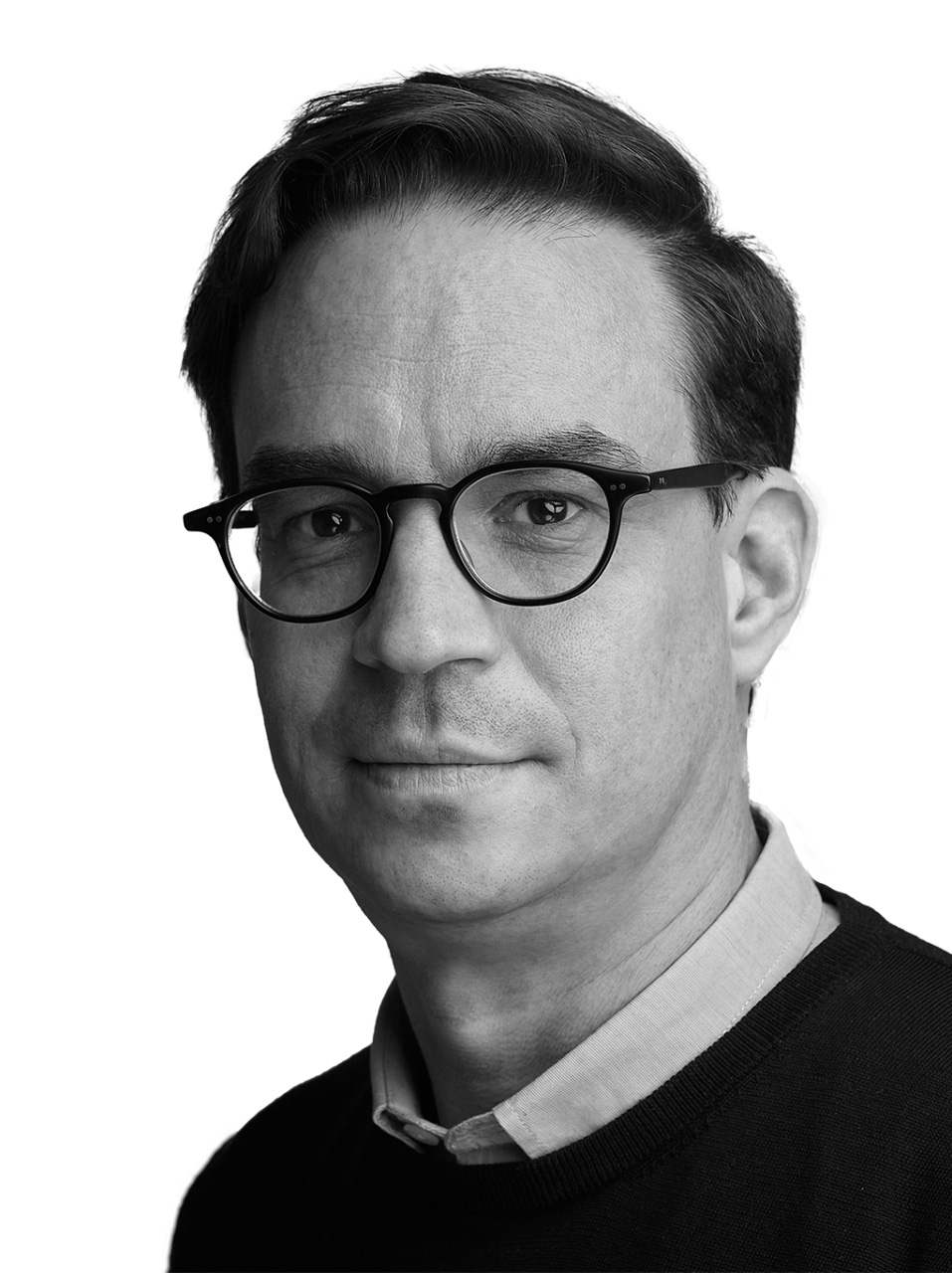
Daniel Loick is Associate Professor for Political and Social Philosophy at the University of Amsterdam and Permanent Fellow at the Institute for Social Research in Frankfurt. His work focuses on different phenomena of state-sponsored violence as well as on counter- communities and alternative forms of life. Besides his academic work at several research institutions in Germany and abroad, he is a regular political commentator in German media as well as guest of and collaborator with a host of cultural institutions, such as theaters and museums.
Project Members
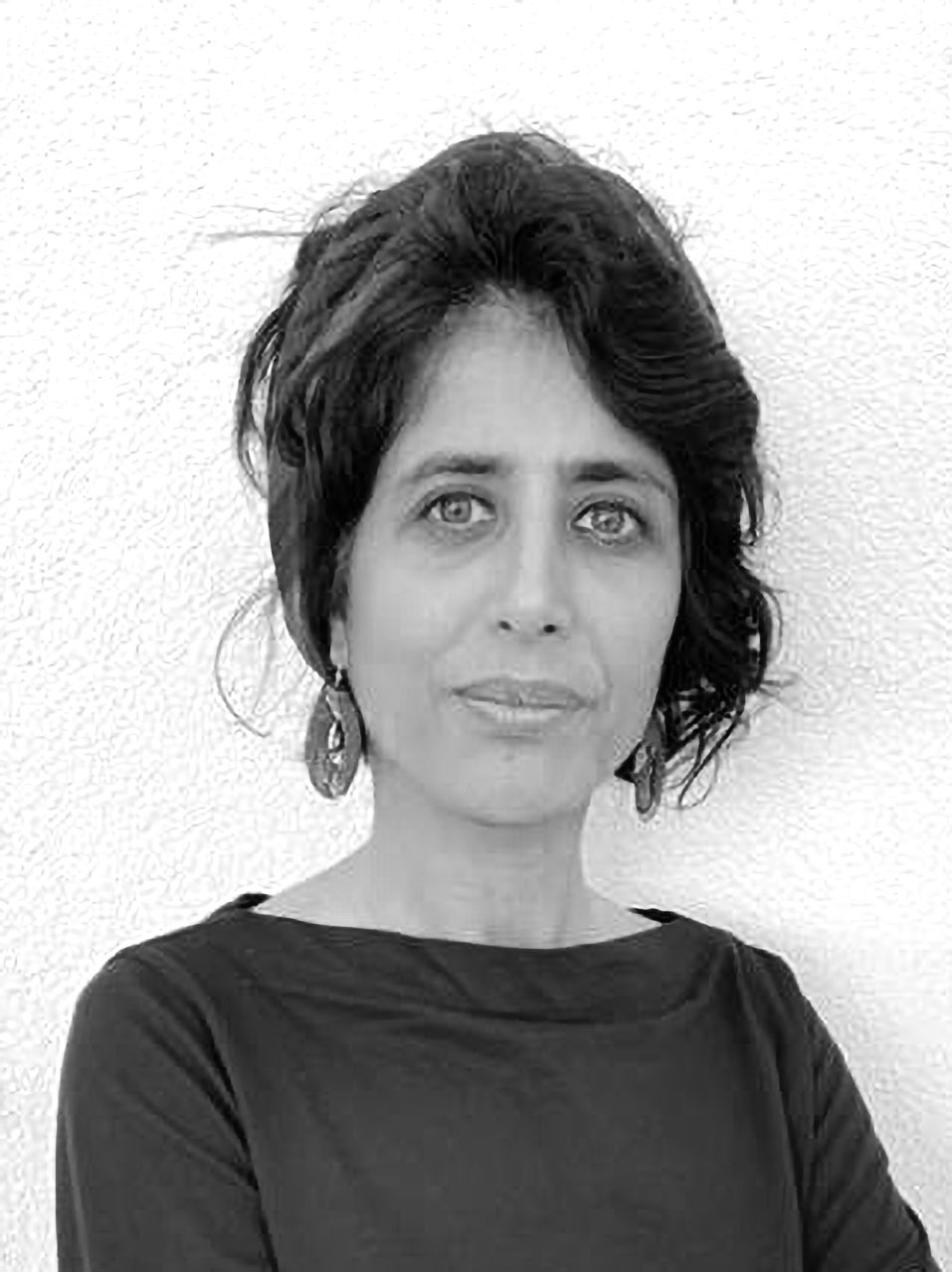
Hourya Bentouhami is Professor of Social and Political Philosophy at Université de Toulouse 2, honorary member of the Institut Universitaire de France and member of the journal Actuel Marx. She is currently working from an intersectional perspective on the politics of food, social reproduction and the theologico-political paradigm of the “metabolic” ideologies of the New Populist Movements (“gastropopulism”) in Europe. Engaged in the sphere of public debate and social initiatives, she is a frequent contributor to major French newspapers and media on issues relating to anti-racism, migrations and intersectional feminisms.
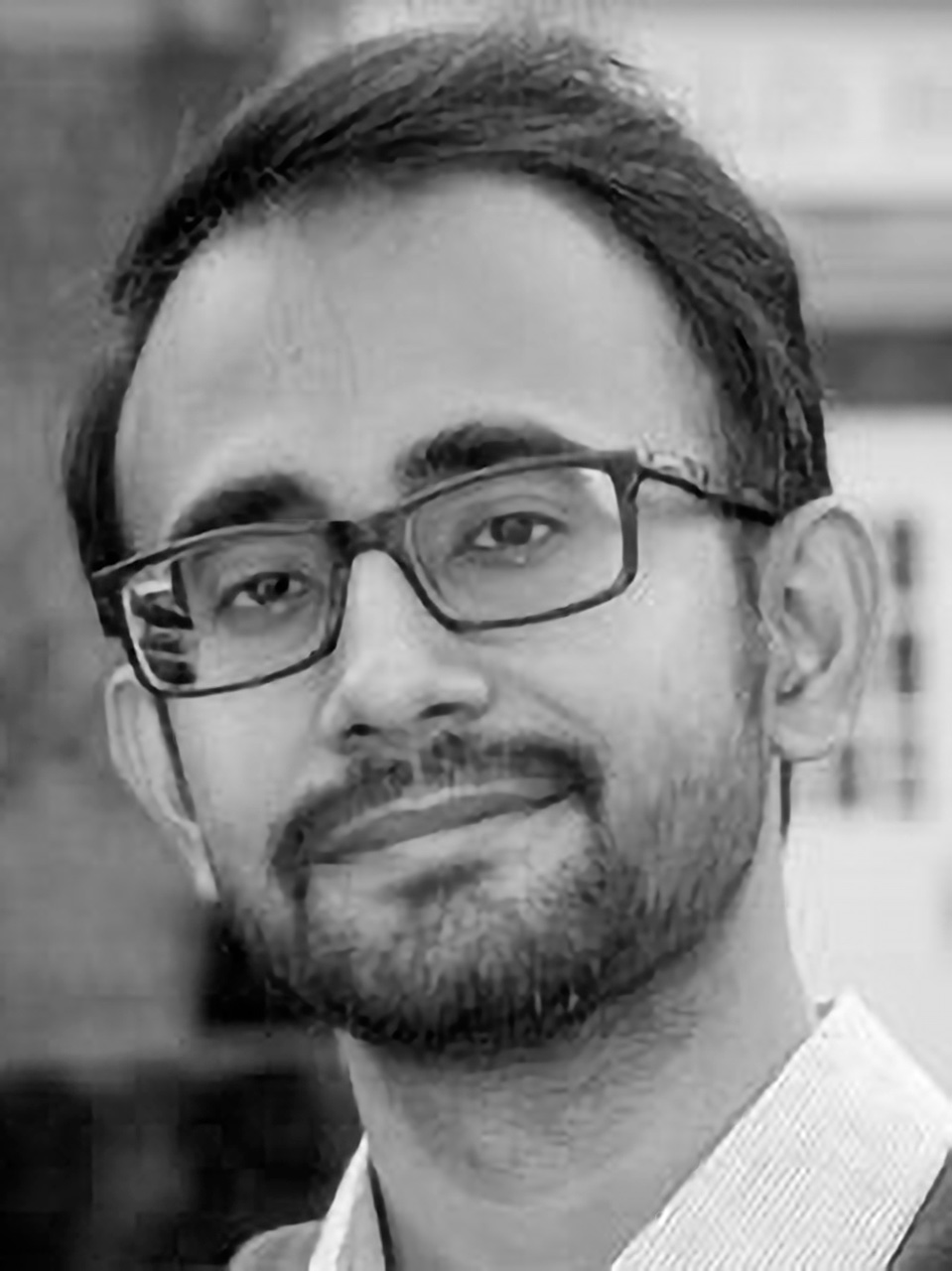
Debaditya Bhattacharya teaches literature at Jamia Millia Islamia University, New Delhi, India. He has been working on a historical sociology of Indian universities. In his recent work, he explores the relationship between the public university and its meanings of ‘publicness’, while also attempting a critical compendium on postcolonial higher education in India. He was Member of the Institute for Advanced Study (Princeton) in 2021-22. He continues to work with public libraries, science clubs, district level cultural associations and student/faculty associations in Indian colleges and universities, to create a public discourse on the impact of a new National Education Policy (NEP) 2020 on the future of India’s higher education sector.
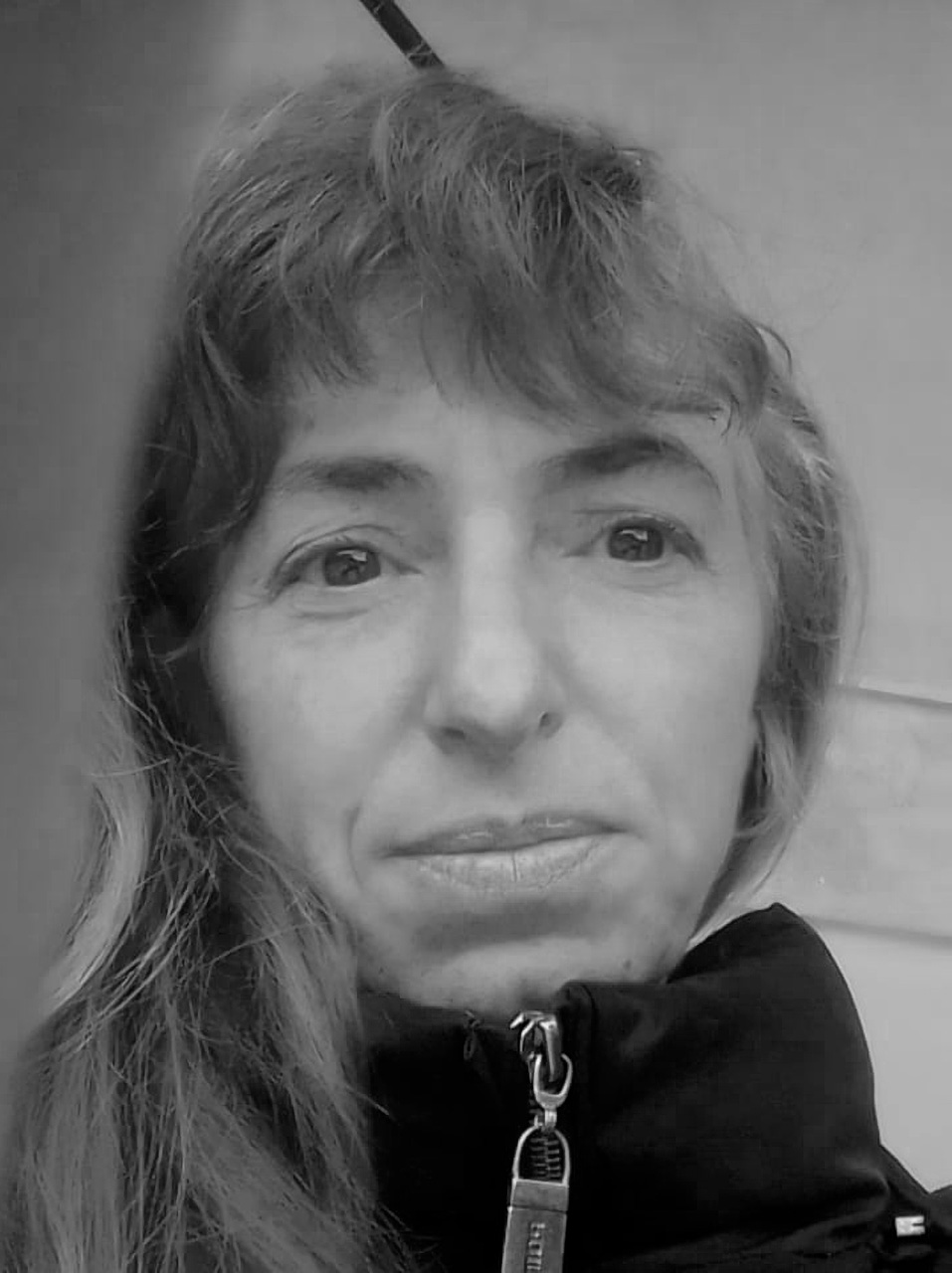
Gisela Catanzaro is Associate Professor at the Department of Social Sciences of the University of Buenos Aires and Independent Researcher of the National Council of Scientific Research in Argentina. Her work focuses on the critique of ideology, critical theory and social struggles, and she regularly participates in various civil society institutions oriented towards the defense of human rights in Argentina and the impulse of new democratic forms, such as Centro Cultural Haroldo Conti and Centro Cultural de la Cooperación Floreal Gorini. She is currently leading a collective Project at the University of Buenos Aires entitled “Transformations of Ideology in Contemporary Neoliberalism. Ethico-political drifts and critique of the present in the Frankfurt School and Poststructuralism.

Denise Ferreira da Silva is an academic and an artist. Currently, she is the Samuel Rudin Professor in the Humanities at the Department of Spanish and Portuguese and co-Director of the Critical Racial & Anti-Colonial Study co-laboratory-CRACS at the New York University (USA), Adjunct Professor at Art, Design, and Architecture at Monash University (Australia), and Professor Extraordinarius at the Department of Gender and Sexuality at the University of South Africa (South Africa). Exploring theoretical and philosophical themes, she foregrounds colonial and racial subjugation when addressing the ethic-political challenges of the global present. Her collaborative artistic work includes four films and a relational artistic practice, which speculate on ontological and epistemological moves that depart from the modern philosophical program.
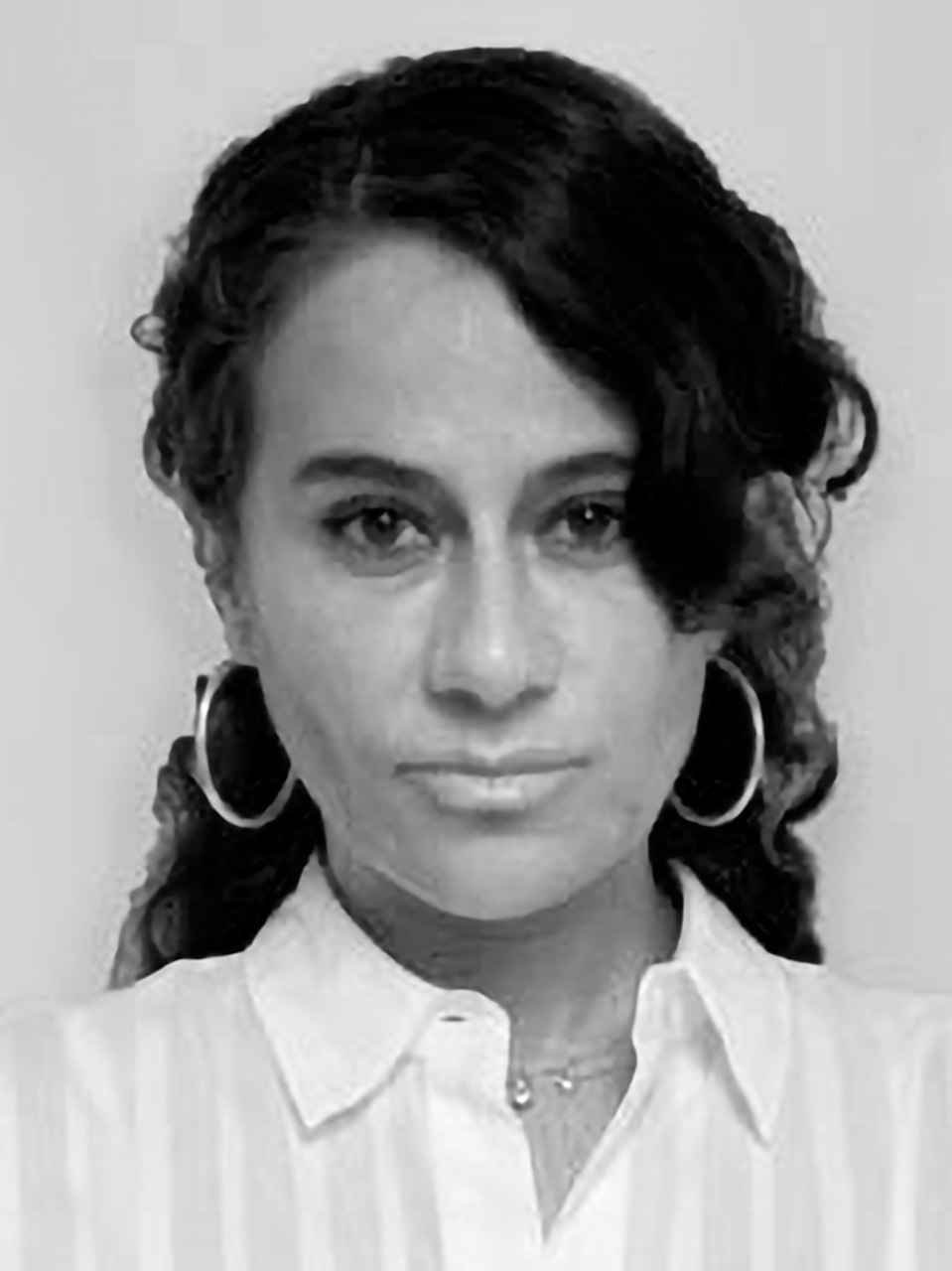
Rosaura Martínez Ruiz is Full-time professor at the Faculty of Philosophy and Letters of UNAM (Universidad Nacional Autónoma de Mexico), Mexico City and postgraduate studies in Philosophy and Philosophy of Science. Interested in the dialogue between philosophy and psychoanalysis, her main line of research is the analysis of problems of contemporary ontology with particular emphasis on questions of subjectivity. She is author of the books: Trauma o en busca de la agencia perdida; Freud y Derrida: Escritura y psique; and Eros: Más allá del límite de la pulsión de muerte (Eros. Beyond the Death Drive). She has coordinated several collaborative volumes such as Pensar tras Derrida; Lo psicopolítico. Una crítica desde la filosofía; Pensar Ayotzinapa and Filósofos después de Freud.
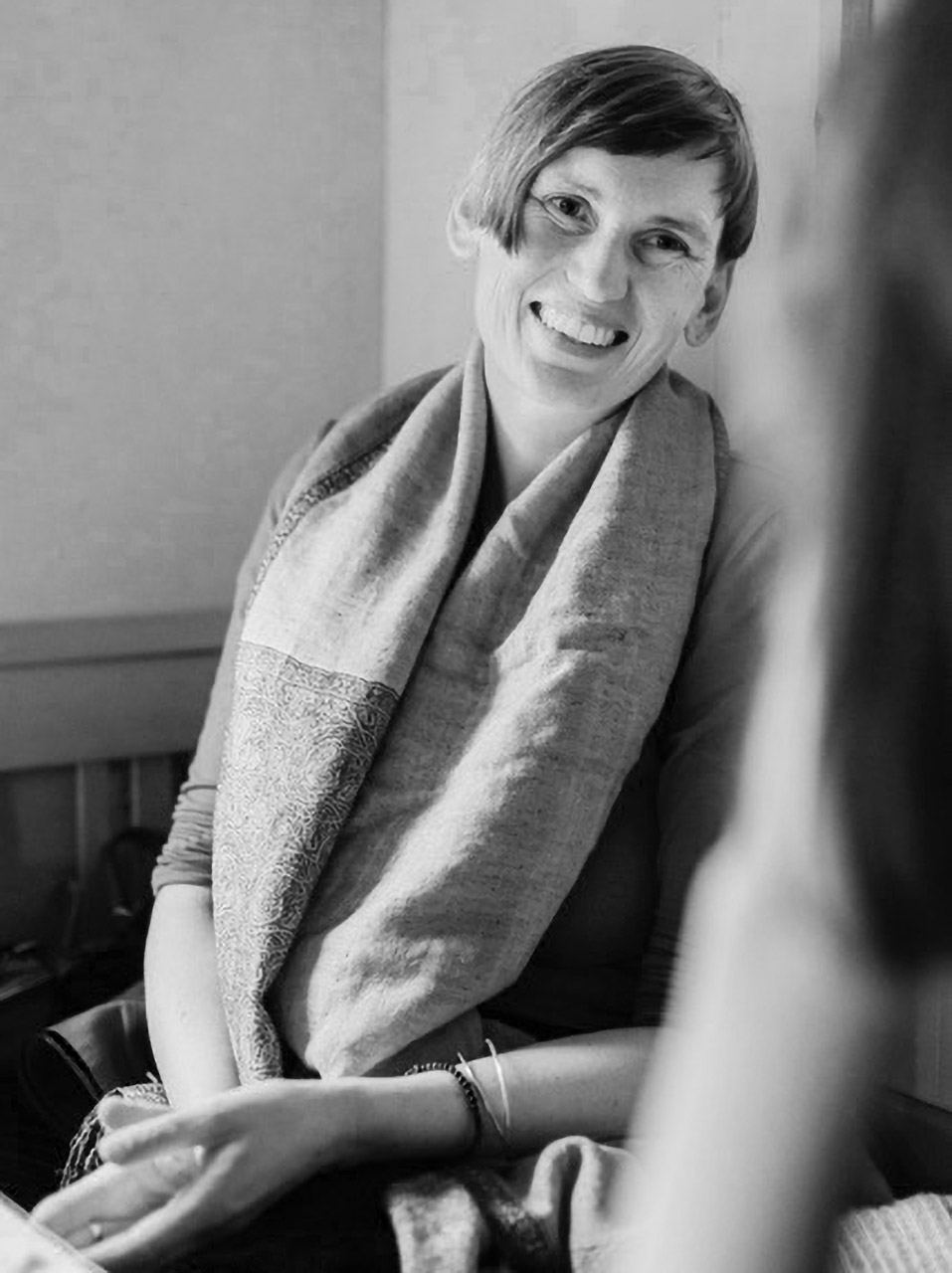
Eva von Redecker philosopher and non-fiction writer based in rural Brandenburg. She has taught at Humboldt-University, Berlin, and the New School, New York. Currently, Eva is writing an essay collection on Neo-Fascism and a long poem about coal. Her latest book Bleibefreiheit (The Freedom to Stay) pursues the idea of freedom in a temporal way – as enjoyment of fulfilled time. Its prequel Revolution for Life offers a unifying interpretation of contemporary anti-capitalist struggles. Eva’s PhD thesis was published in English as Praxis and Revolution. A Social Theory of Radical Change. At Hamburg Theater, Eva co-hosts the talk series “Maschinenraum der Zukunft” (“Machine Room of the Future”) and she has published in multiple Newspapers. Her work is translated into over a dozen languages.
Team
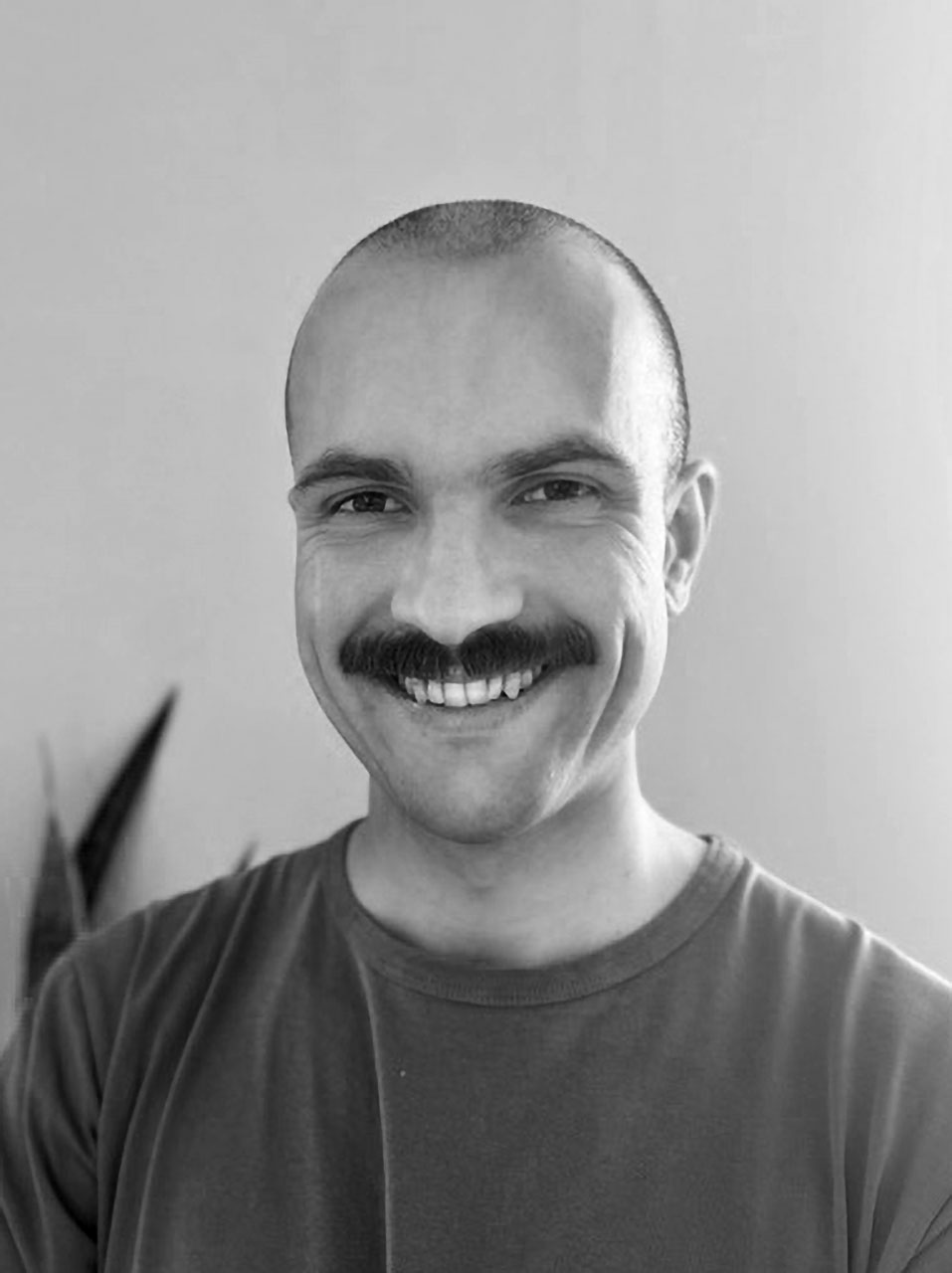
Konstantin Atanassow is currently pursuing his master´s degree in philosophy at Freie Universität Berlin. He was working as a student assistant in the project Transforming Solidarities and is currently working as student staff for Emergencies of Authoritarianism. His research and study focus on social philosophy, critical theories, migration, and social transformation.
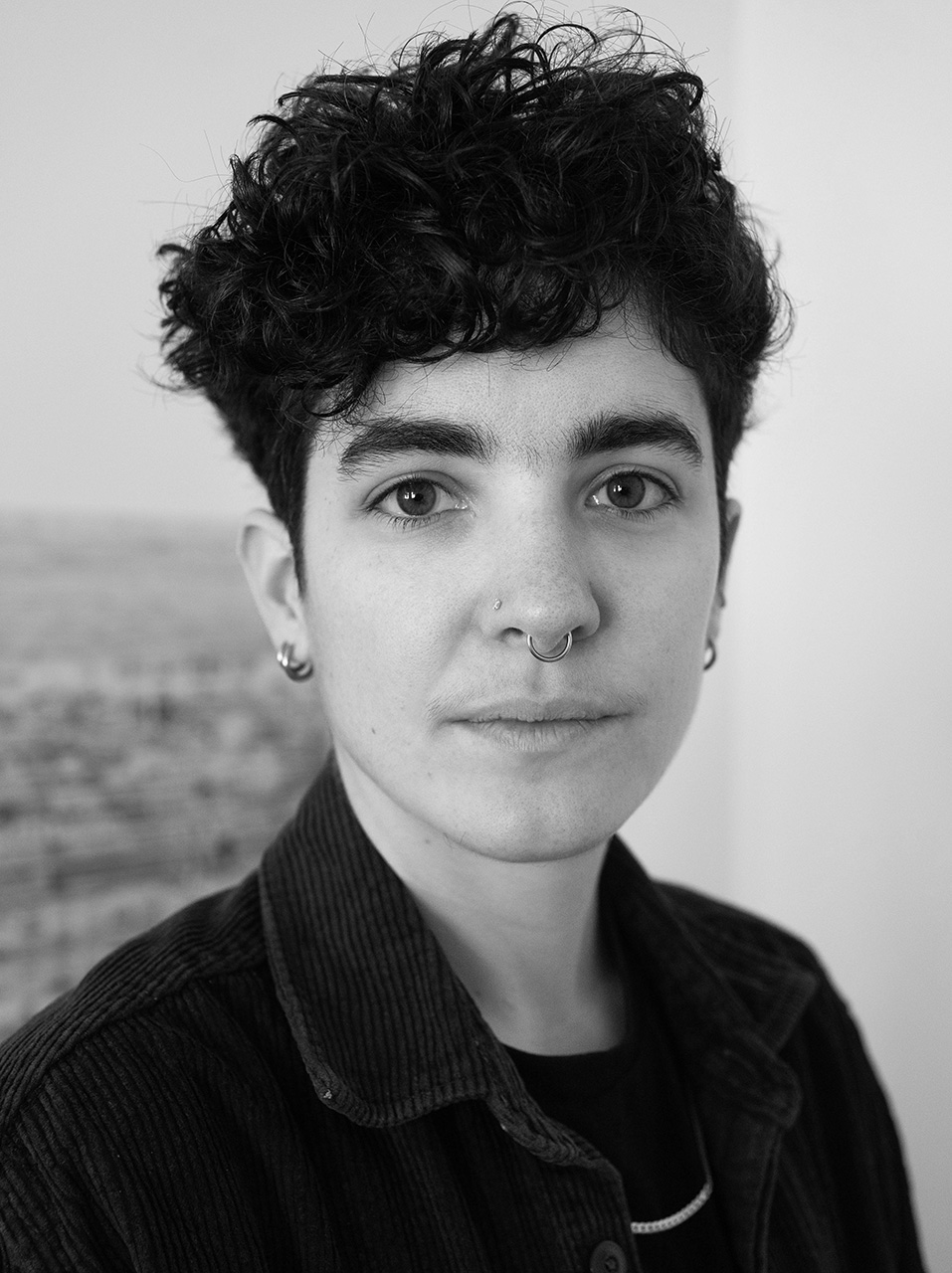
Charlie Ebert completed an MA in Philosophy at Humboldt-University Berlin with a thesis on the concept of antisemitism in Adorno/Horkheimer’s Dialectic of Enlightenment. Currently, they work as the coordinator of the research project „Critical Theory Under Pressure (CritUP)“ at Freie University Berlin, where they are also pursuing a PhD in Philosophy.
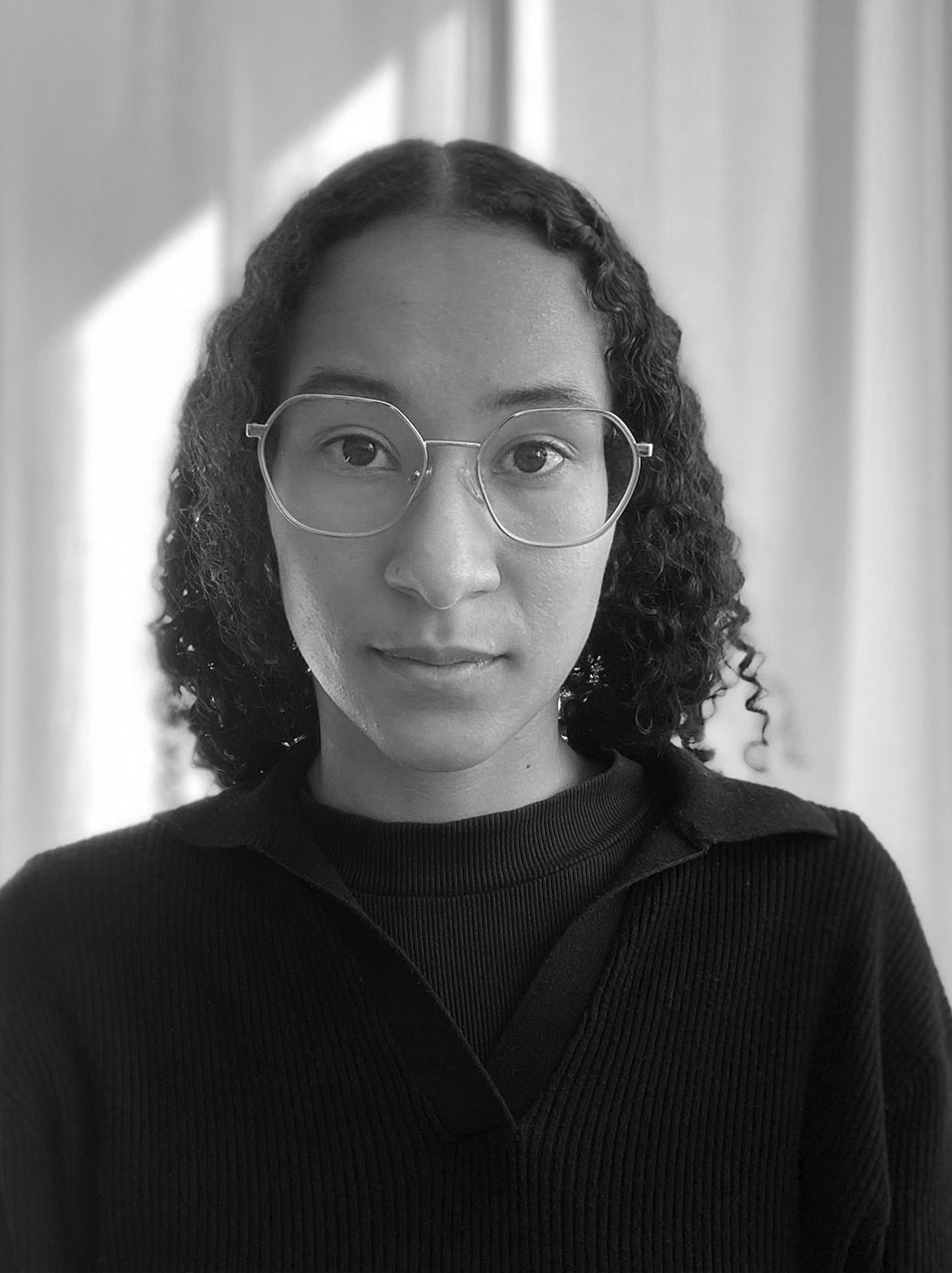
Myriam Kamara is studying social sciences at Humboldt University Berlin and works as a student assistant in the project Emergencies of Authoritarianism. Her academic interests focus on anti-colonial thought, racism, and migration.
